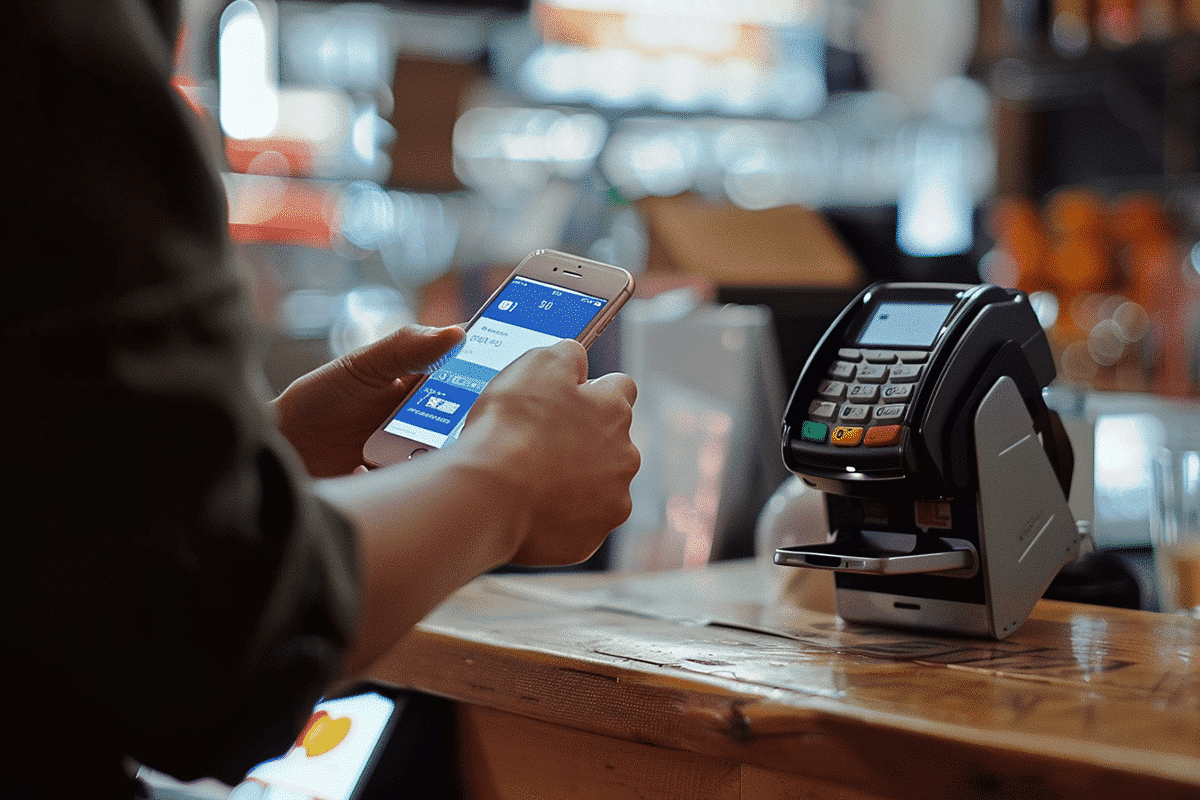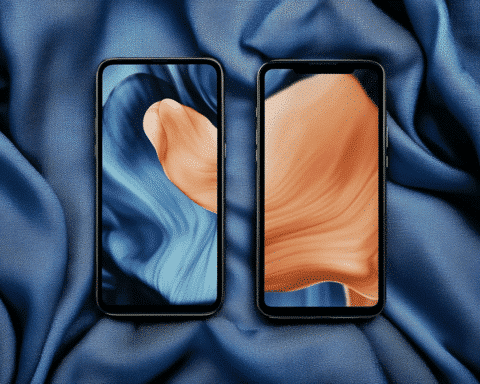In a significant shift in the mobile payments landscape, iPhone users in Europe will no longer be restricted to using Apple Pay. Apple has conceded to pressure from European regulators, opening its contactless payments technology to rival mobile wallets. This development marks a crucial step toward increased competition and innovation in the mobile payments sector.
The European Commission, the executive arm of the EU, announced these changes as part of its ongoing efforts to ensure fair competition within the market. This move is particularly significant in light of the Digital Markets Act, which aims to regulate major tech companies and their market practices. Apple, facing substantial regulatory scrutiny, has agreed to implement these changes by July 25. These changes will remain in force for the next ten years and will be applicable across the 30 countries within the European Economic Area.
This new policy grants third-party mobile wallet developers free access to the near-field communication (NFC) technology standard used for contactless payments on iPhones. This means that iPhone users will now have the freedom to choose their preferred mobile wallet, making it the default payment option on their devices. Apple will also allow NFC contactless payments and transactions for various functionalities, including car keys, transit passes, corporate badges, home keys, hotel keys, merchant loyalty programs, and event tickets.
This regulatory intervention addresses the concerns raised by the European Commission in its formal antitrust investigation into Apple Pay, initiated two years ago. The investigation found that Apple had abused its dominant market position by restricting access to NFC technology, forcing users to rely exclusively on Apple Pay for mobile payments. This restriction stifled competition and innovation, preventing rival app developers from offering alternative mobile wallets with similar tap-to-pay features.
With these new commitments, Apple can no longer leverage its control over the iPhone ecosystem to exclude competing mobile wallets from the market. This change is expected to foster innovation and provide consumers with greater choice in how they manage and execute mobile payments while ensuring the security of transactions.
Interestingly, these commitments do not extend to Apple Watches. The European Commission concluded that the number of users utilizing Apple Watches for payments is relatively small, resulting in limited harm from excluding these devices from the new policy.
This move by Apple reflects a broader trend of increased regulatory scrutiny of major tech companies in the EU. By opening up its NFC technology to competitors, Apple aims to comply with the EU’s stringent competition laws and avoid potential fines. This shift is seen as a victory for consumer rights and market fairness, enabling users to benefit from a wider range of mobile payment options.
Despite these changes, Apple Pay and Apple Wallet will continue to be available to users and developers in the European Economic Area. This ensures that users who prefer Apple’s ecosystem can still access its mobile payment services while enjoying the added flexibility of alternative options.
In summary, the new policy changes mark a significant victory for consumer choice and market competition in the European mobile payments landscape. iPhone users in Europe will soon have the freedom to select their preferred mobile wallets, benefiting from the convenience and security of contactless payments without being confined to Apple Pay. This development underscores the importance of regulatory interventions in ensuring fair market practices and fostering innovation in the tech industry.
The European Commission’s actions highlight the critical role of regulatory bodies in safeguarding consumer rights and promoting competition. As Apple adjusts its practices to align with these new regulations, the mobile payments market in Europe is poised for increased dynamism and diversity, ultimately benefiting consumers and developers alike.




